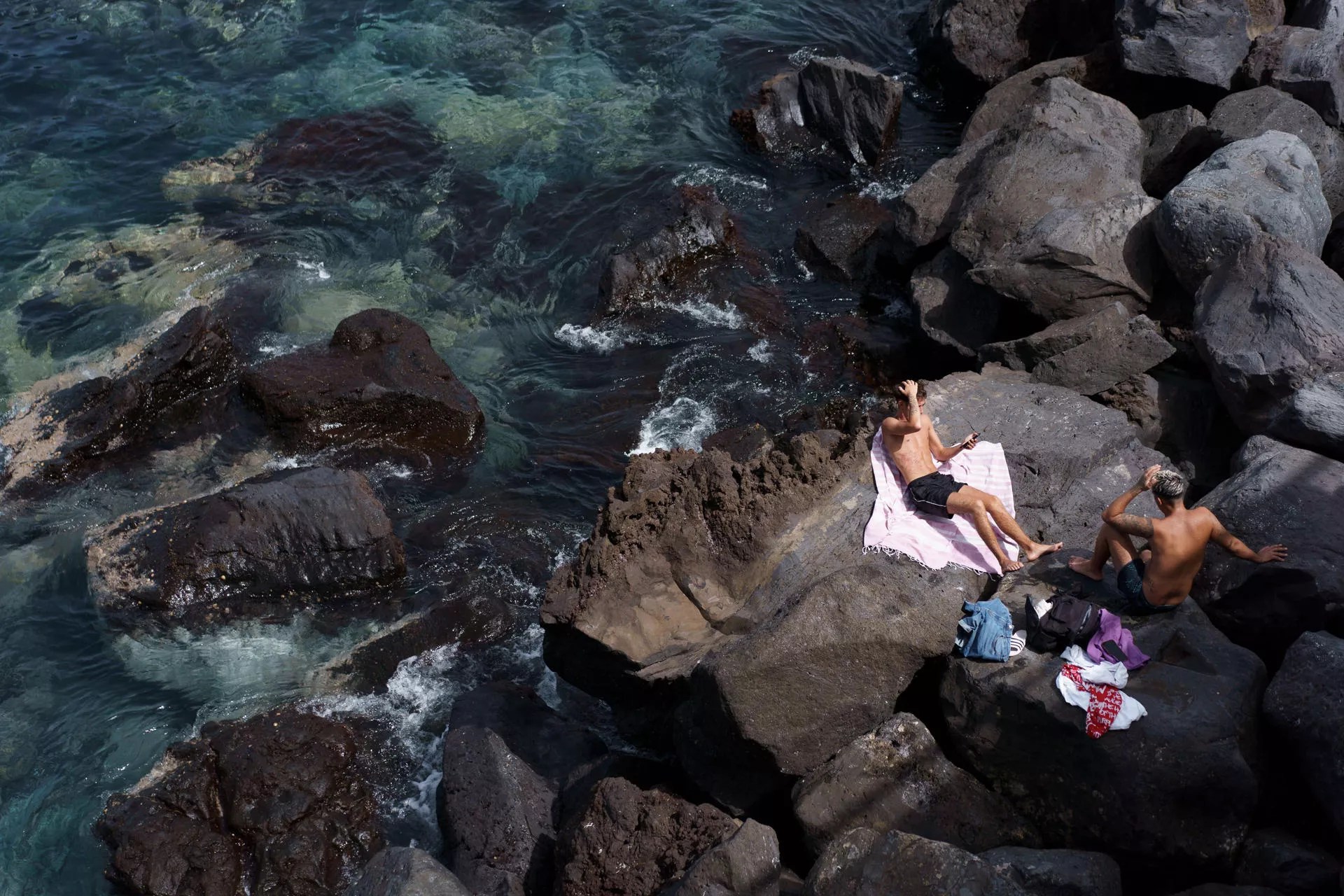The Center for Operational Coordination of the Local Administration (CECOPAL) has reported the presence of jellyfish (jellyfish) on Las Teresitas beach, which is why the yellow flag has been raised.
From the CECOPAL users have been informed, who have been asked to take precautions to avoid the annoying bites of these organisms.
Popular myths about their bites
Experts deny the popular myths of action against jellyfish stings such as pouring urine, fresh water on the wound or covering it with sand since it would only contribute to spreading the inoculated toxicant and can aggravate the skin rash, according to what they point out from Vithas.
On the contrary, Dr. Sonia Pérez Valle, a pediatrician at Vithas Valencia 9 de Octubre, recommends first of all cleaning the affected area with physiological saline if possible and, if not, with salt water. Once the area is clean, to reduce the itching of the bite, cold should be applied to the affected area for approximately 15 minutes, but not ice directly on the bite, but covered with a cloth or towel.
The doctor explains that although the sensation is very uncomfortable, with itching and the appearance of redness, swelling, vesicles and pustules, “normally they do not imply seriousness”. However, in some cases symptoms similar to a severe allergic reaction may appear.
In addition, children are a risk group, since, in proportion, the affected skin surface is greater than in an adult, and they also have thinner skin, so the poison passes through it better.
For this reason, “if there is a lifeguard, a health center or a Red Cross post where they can treat you, you have to take the child, since the poison can affect them more intensely because their weight is less than that of adults and, at time, it is convenient to observe that his respiratory or cardiac rhythm does not change”.
After these initial guidelines, in general, the post-sting symptoms usually subside within a few hours, “although in the following days you should go to the doctor if you have anxiety, agitation, loss of appetite, conjunctivitis and, sometimes, a headache.”
extreme cases
Exceptionally, you should go to the emergency room, both with children and adults, when an anaphylactic shock occurs, that is, a severe allergic reaction to jellyfish venom.
In these cases, the distribution of the venom throughout the body can lead to a feeling of chest tightness, muscle cramps and even respiratory distress and more rarely the symptoms can be more serious, and present with an alteration of the central nervous system reaching to convulse.
















